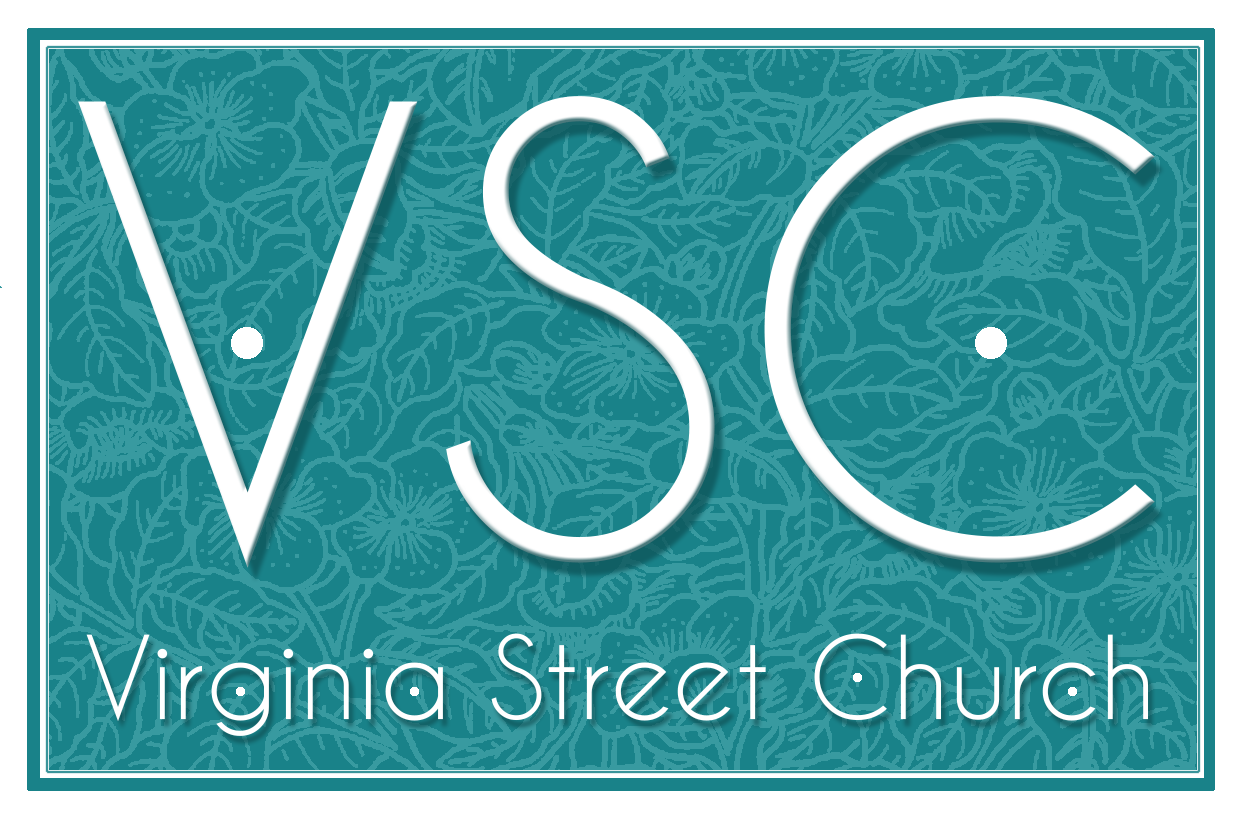How does the Old Testament begin? With the book of Genesis, which starts with the creation story, telling us how the world came into being.
How does the New Testament begin? With the book of Matthew, and before it tells the Christmas story, the first thing it does is list all of the ancestors of Joseph. It traces the line from Abraham to David, and from David to Joseph. In other words, the New Testament begins by honoring the ancestors of Jesus, and reminding us of the importance of ancestors in everyone’s lives. So today, we can do the same thing for ourselves: think back to all the generations that came before us, and recognize that we could not have come into being except for those ancestors.
Jesus was born after all these generations, 14 generations from Abraham to David, 14 generations from David to the exile to Babylon, and 14 generations from the exile in Babylon to the birth of the Messiah. And even though I would not be able to trace my ancestry back 42 generations, I still came from a line that long. The difference is: there were predictions that the Messiah would be born, so people knew that he would come. My ancestors didn’t predict who I would be, but they still hoped to pass something along to their descendants, whoever they would turn out to be. They didn’t meet me, but they love me – and there are many of them!
Were all the ancestors of Jesus perfect? No, they were not. You don’t have to be perfect to be an ancestor. My ancestors weren’t perfect either – but they all contributed something to who I am. It helps me understand that I am part of a larger generational community. It helps me connect to other people and understand them.
This year is the 150th anniversary of our congregation. Without the people who started this group 150 years ago, we would not be here today. They formed the organization. They built the church building. And they passed the torch along to others.
So when I sit in this church, even though there are only a few other people in the building with me, really there are hundreds of people here, and they are my community too. They laid the groundwork for what we do here today.
I like to think they would be proud of what we are doing with their church, many years after they died. We are not only taking care of the building, but we are using the building for things like Art Crawl, and weddings and baptisms, and meetings of Alcoholics Anonymous, and graduation ceremonies for victims of sex trafficking who went back to school, and musical concerts. And we are doing what we can to spread the message of our religion.
In the same way, I like to think that my own ancestors would be proud of me too. My grandmother, for example, would be proud of what I have done with my life, and what I am doing. She would be proud to see me leading a church service. And thinking about my grandmother, and other ancestors who have passed away, gives me a feeling to connection to the spiritual world. It helps me improve my spiritual life, and helps me honor my own experience.
Learning about my ancestors teaches me about life. I learned that my uncle was gay, which taught me to love everyone. I learned that my grandmother was patient, which showed me how to be loving. And my grandfather was a good leader, which showed me leadership skills.
Thinking of all the people I am connected to helps me be kind to people and accept them for who they are. It helps me remember that I too will end up in the spiritual world eventually, and how I live my life will shape who I will be in the next life. I need to keep listening to what my ancestors are telling me.
The Ten Commandments tell me to honor my father and my mother. That commandment doesn’t say anything about grandfathers and grandmothers, but that seems like it is in the spirit of the commandment too. And we can honor their fathers and mothers, and their fathers and mothers, the great-grandparents and the great-great-grandparents, even the ones we never met.
The ultimate ancestor is the Lord, and he is always sending messages of love and guidance. He is always directing us to follow the right path.
So today, let us be grateful for that guidance from the Lord. Thank the Lord for the blessings of your own life. When things don’t go well, trust in the Lord. And thank the Lord for your ancestors. Today let us honor them. Let us listen to the messages they want to pass down to us.
Amen.
